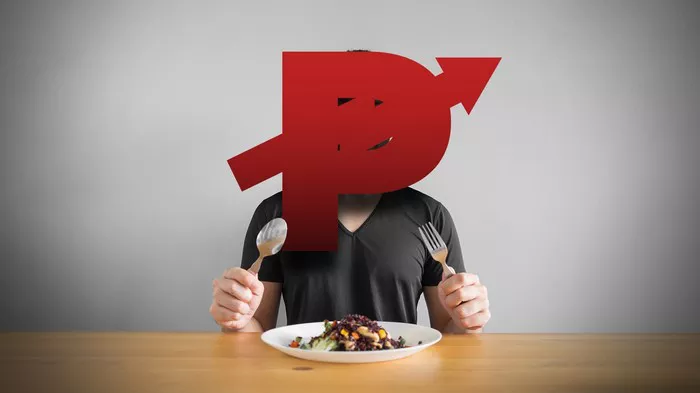Nutrisystem has become a widely recognized weight loss program, praised for its convenience, structured approach, and the ability to deliver pre-packaged, nutritionally balanced meals right to your doorstep. Many people have turned to Nutrisystem to help them lose weight without the hassle of meal planning or cooking. However, while Nutrisystem offers numerous benefits, it’s important to acknowledge that the program is not without its drawbacks. Understanding the potential downsides of Nutrisystem is crucial for anyone considering this approach to weight loss.
SEE ALSO: What to Eat When You Have Liquid Diarrhea
Cost:
Nutrisystem is often marketed as an affordable and convenient option for weight loss, but the cost can be a significant drawback for many users. The program operates on a subscription model, where users pay a monthly fee that covers the cost of pre-packaged meals and snacks. Depending on the plan you choose, the monthly cost can range from around $300 to $600, making it more expensive than many other weight loss programs.
Additionally, while Nutrisystem provides most of your meals, it doesn’t cover everything. Users are still responsible for purchasing groceries for fresh fruits, vegetables, and dairy products to supplement the pre-packaged meals. These additional grocery costs can add up, making the overall expense higher than anticipated. Moreover, if you decide to discontinue the program, you may still be locked into a contract, leading to potential ongoing expenses even if you’re no longer using the service.
Food Variety and Restrictions:
One of the most significant challenges of Nutrisystem is the potential for boredom and dietary limitations. The program relies heavily on pre-packaged meals, which, while convenient, can become monotonous over time. The limited variety of meals may not cater to all tastes and preferences, leading to dissatisfaction and a higher likelihood of abandoning the program.
Furthermore, Nutrisystem offers limited flexibility and customization options. If you have specific dietary preferences, allergies, or intolerances, you may find it challenging to adhere to the program. While Nutrisystem does offer plans tailored to certain dietary needs, such as diabetes or vegetarian options, these choices are still relatively limited compared to what you might prepare on your own. This lack of flexibility can be particularly problematic for those with food allergies or specific nutritional requirements.
Sustainability:
Another significant downside of Nutrisystem is the question of sustainability. The program is designed to help users lose weight quickly by controlling portion sizes and caloric intake through pre-packaged meals. However, once the program is discontinued, many users struggle to maintain their weight loss.
This is primarily because Nutrisystem doesn’t necessarily teach users how to prepare healthy meals on their own or develop long-term, sustainable eating habits. Without the pre-packaged meals, it can be challenging to maintain portion control and make healthy food choices. As a result, some users may experience rebound weight gain after stopping the program, undoing the progress they made.
Health Concerns:
While Nutrisystem is designed to provide balanced nutrition, there are potential health concerns associated with the program. One issue is the reliance on pre-packaged meals, which may be high in sodium and preservatives. This could be problematic for individuals with certain health conditions, such as high blood pressure or kidney issues.
Additionally, the program’s emphasis on rapid weight loss may not be suitable for everyone. Rapid weight loss can sometimes lead to nutritional deficiencies or other health risks, particularly if the diet is not carefully balanced. It’s crucial for anyone considering Nutrisystem to consult with a doctor or nutritionist before starting the program, especially if they have pre-existing health conditions.
Feedback
Customer feedback and reviews of Nutrisystem are mixed, with both positive and negative experiences reported. On the positive side, many users appreciate the convenience and simplicity of the program, noting that it helps them stay on track with their weight loss goals. However, common criticisms include the high cost, lack of variety, and the taste of the pre-packaged meals.
Some users have reported feeling unsatisfied or hungry after meals, which can make it difficult to stick to the program. Others have expressed frustration with the automatic subscription model, which can be challenging to cancel. It’s essential to read a variety of reviews and testimonials before deciding if Nutrisystem is the right fit for you. Reputable review sites like Trustpilot and Consumer Affairs can provide further insights into user experiences.
Conclusion
Nutrisystem can be an effective weight loss solution for those looking for convenience and structure. However, the program’s downsides, including cost, food variety, sustainability, health concerns, and mixed customer feedback, should be carefully considered. Before committing to Nutrisystem, it’s essential to evaluate your personal needs and goals, explore alternative options, and consult with a healthcare professional to make an informed decision.
Related Topics:



























